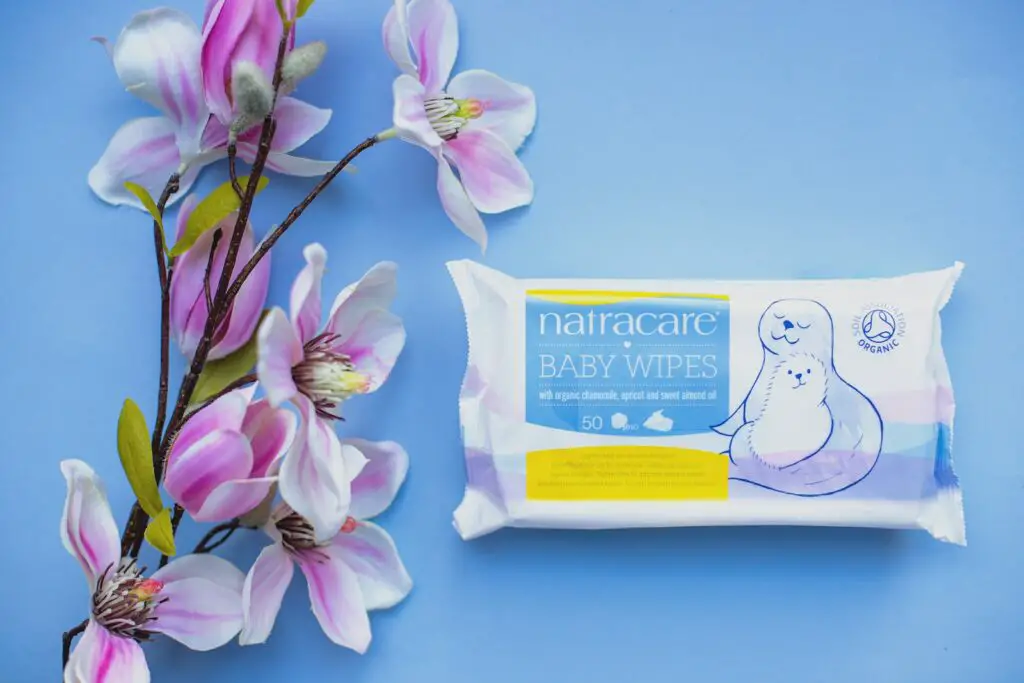The sewage system, your home’s pipes, and the environment can suffer if you don’t properly dispose of Flushable Wipes.
The smooth texture of many popular brands of baby wipes, cosmetic wipes, & home cleaning wipes is achieved with the addition of plastic. But if they end up in the sewer system, they can contaminate water supplies.
AndrexWashlets and similar products are flushable wipes. They are safe to flush down the toilet but will biodegrade in the sewer system. In this post, we will acknowledge how to dispose of flushable wipes.
Why We Use Wipes?
Since the first wet wipe was invented in 1950, the wet wipe industry has boomed, with current estimates putting annual usage at 450 billion, or 1.2 billion each day.
Our consumption appears unlikely to decrease, with the market expected to reach £16.5 billion by 2021.
Convenience
Wet wipes come in handy when cleaning up a sticky condition.
They come in helpful when you need to quickly wipe out a soiled pair of sneakers or leather car seats.
Both parents and people with disabilities can benefit greatly from their use on a normal day.
Sanitation
With the spread of the Coronavirus, cleanliness has become an urgent concern for everyone. Wipes can be used to disinfect frequently touched surfaces in a flash.
For those who like to keep our homes and offices neat and tidy, using fewer cleaning products and cleaning clothes can be very appealing.
Hygiene
I imagine festival showers… Some people have found that wet wipes are a godsend when a full shower is unnecessary.
Similarly, when you have a pre-moistened cloth to hand, removing your makeup at the end of the night seems like much less of a chore.
How To Dispose Of Flushable Wipes
14,000 wet wipes are used every single second.
The assumption that the wipes can be flushed down the toilet is the largest marketing lie used to promote the product.
If you dump them in the toilet and flush them, nothing will happen to them.
A startling amount of wipes are being dumped into landfills every day.
Even while many of these wipes are advertised as “flushable,” they frequently wind up clogging sewers and rivers.
1. Throw Them To Compost Bins
You can let nature take its course with flushable wipes if they include a “compostable” label. Given that they are biodegradable, they can be easily decomposed.
Only compostable wipes can be recycled this way, but it is the safest and most environmentally responsible choice.
2. Make A Wipe Pail
Making a wipe pail to keep them in until garbage day is one of the most efficient ways to eliminate flushable wipes.
Because the wipes inside would be an unsightly sight if they were see-through, these pails are fully opaque.
In addition, you can save money on flushable wipe disposal because you won’t need any specific bags to store them in.
3. Flush Down The Toilet
We saved the least efficient way to dispose of flushable wipes for last, even though it is also the most evident. Tossing “flushable” wipes down the toilet isn’t as safe as the company claims.
The flushability of wipes does not make them any less of a potential hazard to your sewer systems.
There will be major pipe clogs because the substance isn’t biodegradable.
4. Biodegradable
Consumers have come to understand that the term “biodegradable” on many wipes means “will break down easily.”
This, however, is partially true. To make the most eco-friendly decision possible, you should ensure the wipes you choose are compostable and biodegradable.
Biodegradability refers to the ability of an item to be broken down into smaller components by natural processes. However, this cycle may take years to finish.
Wipes must have been tested and proven to biodegrade in commercial composting facilities in 180 days to be considered biodegradable.
Therefore, these wipes do not add to the buildup of municipal ‘fatbergs,’ making sewage systems much happier.
Sewage System Issues
Most sewage treatment plants can only process biodegradable materials like toilet paper.
Regular wipes disposal by homeowners can wreak havoc on a city’s sewage infrastructure. These issues are relatively easy to resolve.
Major clogs form when moist wipes cannot be processed, and these blockages can be quite expensive to clear.
Waste from an entire city must be processed at a sewage treatment facility.
The burden of dealing with the consequences of careless use of wet wipes in the municipal sewer system falls on the city itself if its residents continue to flush them away.
Still, most blockages are found in the homeowner’s plumbing.
To prevent the blockages that wet wipes are known to generate, professional plumbers strongly advise against flushing them.
Conclusion
When keeping yourself clean, wet wipes are inexpensive and highly practical. But you shouldn’t flush them down the toilet, and you also shouldn’t put them in the trash.
Never flush a wet wipe down the toilet since it can create expensive plumbing problems. Trash is the proper place for wet wipes disposal.
Furthermore, it is your best advantage to get in touch with a licensed plumber as quickly as you discover any plumbing problem.
However, being more proactive in disposing of wet wipes is a good first step for those who would rather not deal with the problem.







